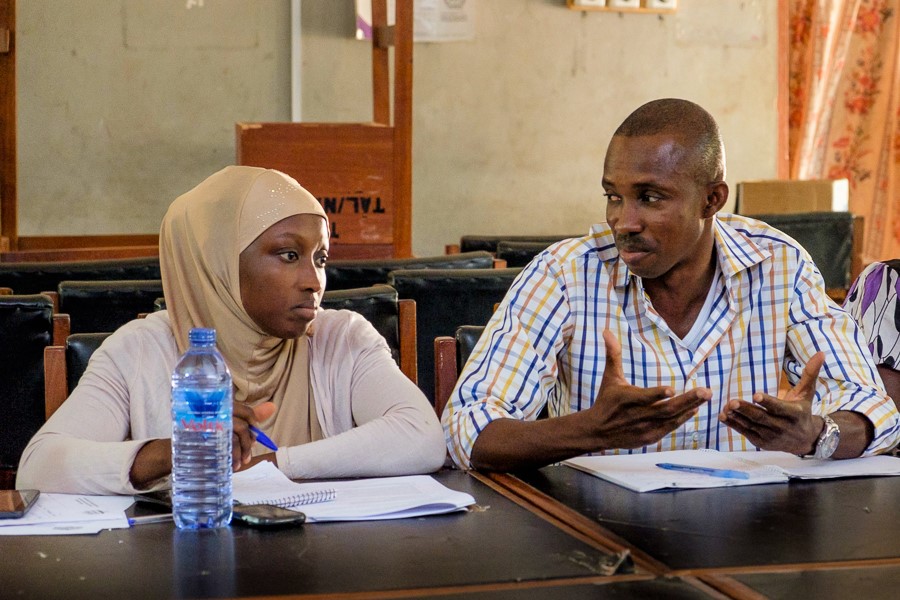In Ghana, the age for starting primary school is six years. Basic education consists of nine years of schooling: six years of primary school and three years of Junior High School (JHS). Primary school education is designed for children aged 6 –12 and 13 – 17 years is spent in the JHS. Basic education is followed by three years of senior high school (SHS) education, either in a senior high school (SHS), a vocational school or a technical school.
The age range for this level is 16–20 years. The tertiary level consists of all post-secondary education (e.g. polytechnic, university, teacher and nurse training). A number of studies have reported that unmarried adolescents are initiating sexual intercourse before the age of 18 in sub-Saharan Africa (Gupta and Mahy, 2003; Mensch, Grant & Blanc, 2006; Dominique & Meekers, 2010).
This means Ghanaian youth in school are likely to initiate sexual intercourse at the JHS or the SHS level.
Until 1992, sexual and reproductive health was vaguely part of the social studies curriculum as family life education in high schools. In 1992, Ghana established the School Health Education Programme (SHEP).
One key programme area of SHEP is adolescent reproductive health, within which teen pregnancies and related topics are expected to be addressed. However, the implementation of the SHEP programme has faced a number of challenges; including a lack of SHEP programme materials, a lack of trained teachers on SHEP topics and teachers’ unwillingness to teach sex education .
With these challenges, SHEP is not functioning and SRHR education is a grey area in school activities. Besides these reinforcing factors, school-based gender violence has been mentioned as a militating factor against the effective implementation of SHEP. In 2008, a USAID sponsored report found that sexual abuse of girls in schools, whether by male teachers or “sugar daddies”, is part of a wider problem of school-based violence, much of it perpetrated by males.
The USAID report also stated that for some teachers, gender-based violence was not seen as a serious problem but just a part of the challenges of growing up. It should therefore be expected that in an environment where the majority of sexual abuse cases go unreported, unintended pregnancies among school-going adolescents can easily thrive.
The Body Rights Advocacy Project is a collaboration with RFSU – Riksförbundet för sexuell upplysning in Sweden and is aim at addressing the provider characteristics of teachers and the educational authorities that limit young peoples’ access to SRHR services in Bongo, Nabdam and Talensi districts of the Upper East region. In 2014, the project will focus on improving capacity among teachers in junior high schools while advocating for stake holder support for CSE to JHS students in Ghana.


